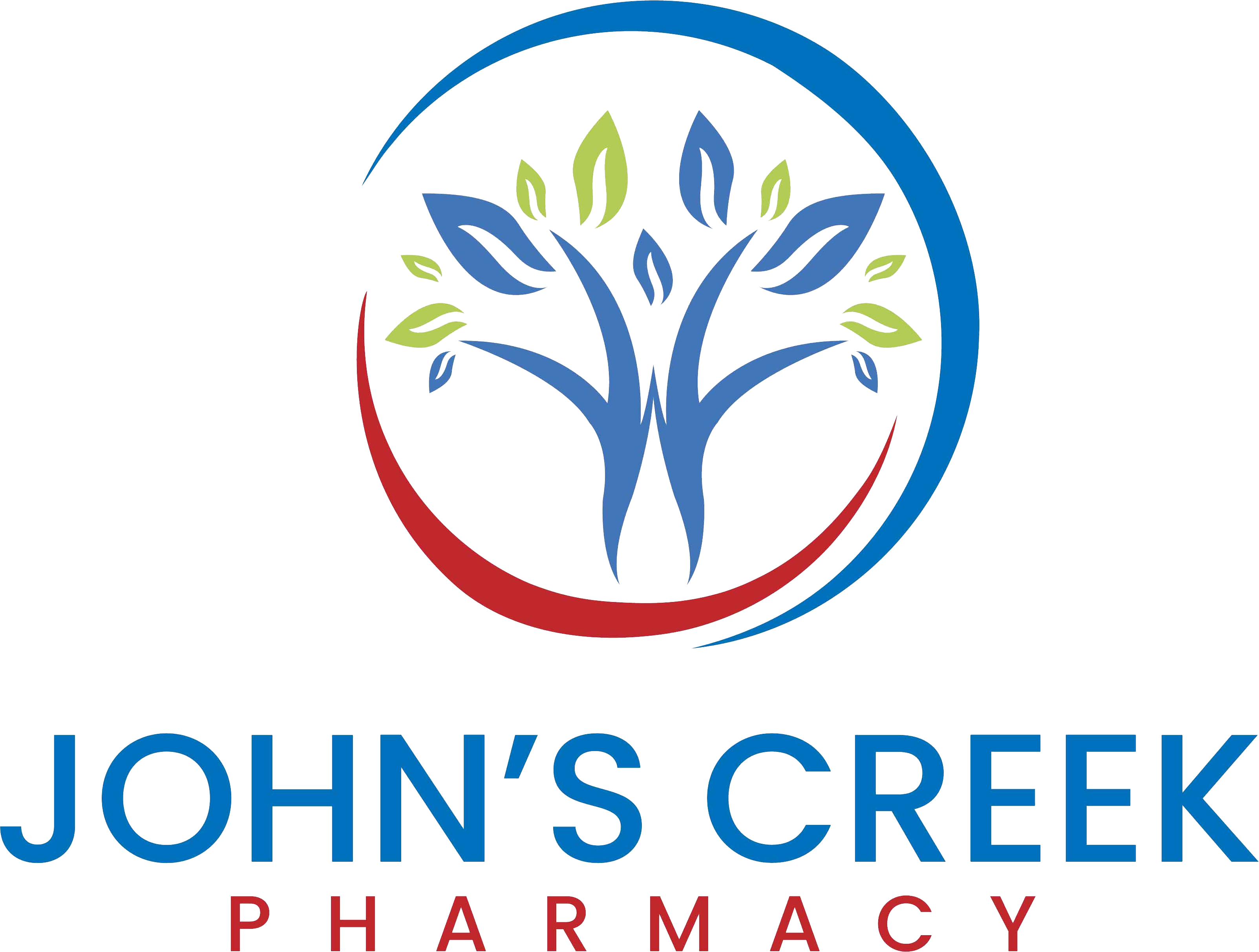Wound Care Compounding
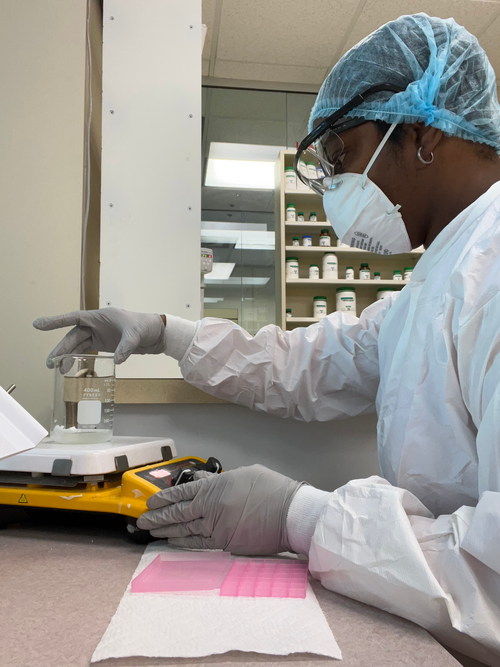
Wound Care Compounding at John’s Creek Pharmacy
Our wound care compounding services offer tailored solutions designed to promote faster recovery, reduce pain, and prevent infection. Whether you’re dealing with chronic wounds, surgical sites, burns, or pressure ulcers, our expert pharmacists collaborate with your healthcare provider to create customized formulations that address your specific needs.
From antimicrobial creams, lidocaine formulations, and other pain-relief gels to unique dressings and specialized rinses, our compounded medications provide targeted, effective wound care to help you get back to your best self. Visit us at John’s Creek Pharmacy to learn more about how our wound care compounding can make a difference in your healing journey.
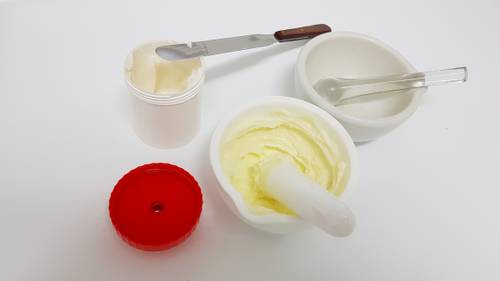
Why Wound Care Compounding is Beneficial
Wound care compounding offers several key benefits that can significantly improve the healing process:
Customized Formulations: Every wound is different, and compounded medications are tailored to meet the specific needs of your wound type, size, and location.
Enhanced Healing: Compounded medications can be formulated to include multiple active ingredients, such as antibiotics, anti-inflammatories, and pain relievers, all in one application. This can help speed up recovery and reduce the risk of infection.
Improved Comfort and Compliance: We can customize the texture, strength, and form of wound care medications, making them easier to apply and more comfortable for you. This improves patient compliance, leading to better outcomes.
Alternative Dosage Forms: For patients who may be sensitive to standard wound care treatments, compounding allows us to create alternative formulations, such as topical gels, creams, sprays, or dressings, that may be better tolerated.
Addresses Unique Patient Needs: Whether you have allergies to certain ingredients or require a specific concentration of medication, compounded wound care treatments can be tailored to accommodate your individual preferences and requirements.
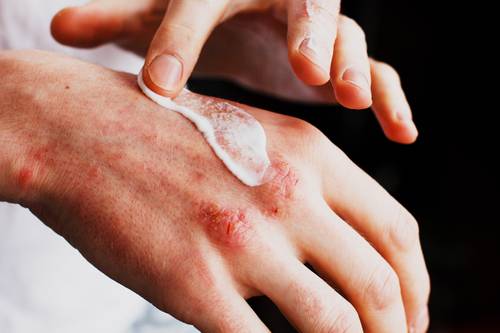
Skin is the Body’s Most Commonly Injured Tissue
Your skin is your body's largest organ and its first line of defense, but it's also the most commonly injured tissue. From minor cuts and scrapes to more serious burns, ulcers, and surgical wounds, skin injuries can occur in many forms and for a variety of reasons. Because the skin is constantly exposed to external elements, it is highly susceptible to damage from trauma, environmental factors, and underlying health conditions. Given its crucial role in protecting the body, proper care of injured skin is essential to prevent infections, reduce pain, and promote effective healing. At John’s Creek Pharmacy, we understand the importance of tailored wound care solutions to help your skin recover quickly and healthily, no matter the type or severity of the injury.

Which Types of Wounds Can Be Treated with Compounded Medications?
Compounded medications offer versatile and effective treatment options for a wide range of wounds, providing tailored solutions to promote faster healing and reduce discomfort. At John’s Creek Pharmacy, we can compound medications to treat various types of wounds, including:
Chronic Wounds: Compounded treatments are ideal for wounds that are slow to heal, such as diabetic ulcers, venous ulcers, and pressure sores. Custom formulations can help manage infection, pain, and inflammation.
Surgical Wounds: After surgery, customized compounded medications can aid in wound healing, minimize scarring, and reduce the risk of infection by providing targeted, site-specific care.
Burns: Whether from heat, chemicals, or radiation, burns require specific care to promote healing and reduce pain. Compounded topical solutions, creams, or ointments can be formulated to provide immediate relief and prevent infection.
Cuts, Scrapes, and Abrasions: For minor injuries, compounded medications can offer faster, more effective healing by delivering the right combination of antibiotics, pain relievers, and protective agents.
Infected Wounds: When a wound is infected, compounded medications can include specific antibiotics and antiseptics tailored to combat the particular bacteria involved, promoting more targeted and effective treatment.
Radiation-Induced Wounds: Patients undergoing radiation therapy often experience skin damage. Custom compounded formulations can help soothe irritation, heal damaged skin, and prevent further complications.
Complex or Atypical Wounds: For wounds that don’t fit neatly into standard categories—such as animal bites or trauma injuries—compounded medications can be specifically designed to address unique healing challenges.
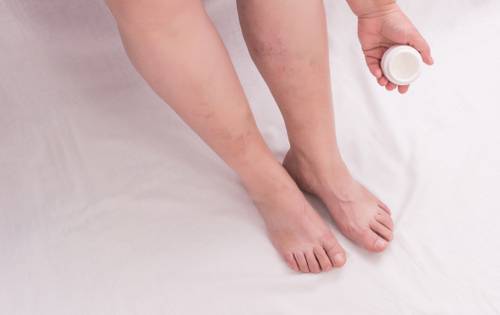
How Can Compounding Help With Chronic Wounds?
Compounding can be a game-changer for managing chronic wounds, which often require specialized care beyond standard treatments. Chronic wounds can be challenging to heal due to factors like poor circulation, varicose veins, infection, underlying health conditions, or the wound’s location. Standard treatments often fall short because they aren't tailored to the unique needs of each patient or wound type. This is where compounding can make a significant difference.
Compounded medications are customized to address specific challenges in wound care, offering targeted therapies that can be adjusted in strength, dosage, or formulation. For example, a compounded topical medication can combine antibiotics, pain relievers, and anti-inflammatory agents into a single, easy-to-apply cream or gel, promoting faster healing and reducing discomfort. Additionally, compounds can be designed to enhance moisture retention or provide a protective barrier to optimize the wound environment, essential for effective healing. By tailoring treatment to the specific needs of the wound and patient, compounded medications can significantly improve healing outcomes for those suffering from chronic wounds.

What Type of Compounded Wound Medicine is Custom Made at John’s Creek Pharmacy
Here are some of the wound care compounded medications that may be customized to fit your specific needs:
Topical Antibiotics: Customized creams, ointments, or gels to prevent or treat infection in wounds.
Pain Management Gels or Creams: Formulations that include anesthetics or analgesics to reduce pain and discomfort. We customize lidocaine formulas which serve as a nerve block or local anesthetic that works by stopping nerves from sending pain signals during use.
Anti-Inflammatory Medications: Compounded treatments that contain agents like corticosteroids to reduce swelling and inflammation.
Moisturizing and Barrier Creams: Medications that provide a protective barrier or maintain moisture to promote faster healing.
Growth Factors: Customized gels or creams that contain growth-promoting factors to enhance tissue repair.
Antifungal Compounds: Specialized formulations to treat wounds with fungal infections.
Debridement Agents: Compounded medications that help to remove dead or infected tissue from a wound.
Scar Minimization Creams: Formulations designed to reduce scarring after a wound has healed.
Chelating Agents: Used for wounds with high bacterial counts or biofilms, these agents can help to bind and remove harmful substances.
Radiation Burn Ointments: Soothing creams or gels designed specifically for radiation-induced wounds or burns.

Why Wound Care Compounds Are Essential for the Elderly In Our Community
Wound care compounds are essential for the elderly in our community due to the unique challenges they face with wound management. As we age, our skin becomes more fragile and less resilient, making it prone to tears, pressure sores, and chronic wounds that are slower to heal. Additionally, elderly individuals often have underlying health conditions such as diabetes or poor circulation that further complicate wound healing and increase the risk of infections. Standard treatments may not adequately address these specific needs, which is where compounded medications come in.
At John’s Creek Pharmacy, we provide tailored wound care solutions designed to meet the distinct requirements of elderly patients. Our compounded treatments can include gentle, hypoallergenic ingredients that cater to delicate skin, advanced moisturizers to prevent dryness, and targeted therapies to address infections and promote faster healing. By customizing medications to fit the unique health profiles and preferences of older adults, we enhance their comfort, improve healing outcomes, and support their overall quality of life.

Custom Wound Therapy for Kids
Wound care compounds are essential for children due to their unique needs and the challenges that come with treating young patients. Children’s skin is often more sensitive and prone to irritation, making it crucial to use wound care solutions that are both effective and gentle. Additionally, kids are more likely to have active lifestyles that can lead to frequent minor injuries, cuts, and scrapes, which require special attention to ensure proper healing and prevent infection. Standard treatments may not always address these needs adequately, which is why compounded medications can make a significant difference.
At John’s Creek Pharmacy, we create customized wound care solutions specifically for children, using gentle, hypoallergenic ingredients and child-friendly formulations that make application easier and more comfortable. Our compounds can also be tailored to include pain relief, infection control, and moisturization, all in one convenient product. By providing treatments that are designed to address the unique challenges of pediatric wound care, we help ensure that kids heal quickly and comfortably, minimizing their discomfort and promoting a speedy recovery.

Why Skin Color Should Be Considered In Creating Custom Wound Care Solutions
Skin color matters in wound care issues and yet is often unrepresented when wound care specialists consider how to formulate custom wound therapies. The lack of diversity in medical education and the presence of implicit racial biases among providers contribute to inequities in wound care, resulting in disproportionately worse outcomes for Black patients. Skin color can significantly impact both the healing process and the aesthetic outcomes of wound treatment. Here’s why our pharmacists consider skin color as essential when customizing skin therapy:
- Hyperpigmentation: For individuals with darker skin tones, wounds can sometimes lead to hyperpigmentation or dark spots as they heal. Individuals with darker skin tones may be more prone to post-inflammatory hyperpigmentation following inflammation. Custom wound care solutions can include ingredients that help manage and minimize these discolorations, promoting a more even skin tone.
- Keloids: People with darker skin are also more susceptible to developing keloids, which are raised, thickened scars that extend beyond the original wound site. Custom wound care solutions can incorporate treatments aimed at preventing keloid formation or managing existing keloids, including silicone gels, corticosteroids, and other specialized compounds.
- Sensitivity and Irritation: Skin color can be linked to different sensitivities and reactions to wound care products. Custom formulations can be adjusted to ensure they are compatible with specific skin sensitivities and reduce the risk of irritation or adverse reactions.
- Aesthetic Considerations: The appearance of wounds can affect individuals differently based on their skin color. Custom wound care solutions can be designed to address aesthetic concerns, such as minimizing scarring and promoting a more uniform appearance as the wound heals.

How Does Wound Care Vary with Skin Type
Wound care varies significantly depending on skin type due to differences in sensitivity, elasticity, healing capacity, and even skin tone. Here’s how different skin types and tones impact wound care:
- Sensitive Skin: Individuals with sensitive skin are more prone to irritation and allergic reactions. Wound care for sensitive skin must involve hypoallergenic and non-irritating compounds to avoid exacerbating discomfort. Gentle, soothing ingredients and formulations that minimize friction and allergic reactions are essential.
- Dry Skin: Dry skin lacks adequate moisture, making it more prone to cracking and slower healing. Wound care for dry skin should focus on using compounds that provide intense hydration and create a moisture-retentive barrier to support healing and prevent further dryness.
- Oily Skin: Oily skin can be prone to acne and may have excess sebum production. For wounds on oily skin, it is important to use compounds that balance oil production and are non-comedogenic to avoid clogging pores or aggravating acne.
- Aging Skin: As skin ages, it becomes thinner, less elastic, and more susceptible to injury. Compounded wound care for aging skin should incorporate ingredients that improve skin elasticity, promote collagen production, and provide additional protection and hydration to enhance healing.
- Darker Skin Tones: Wound care for individuals with darker skin tones may require special attention due to differences in pigmentation and healing responses. Compounded treatments should address concerns such as hyperpigmentation, which can occur as a result of wound healing, and include ingredients that promote even skin tone while managing healing.
- Diabetic Skin: Individuals with diabetes often have compromised skin integrity and reduced healing capacity. Compounded treatments for diabetic skin wounds must focus on preventing infection, promoting optimal moisture levels, and improving circulation to facilitate better healing.
How Much Does Wound Care Therapy Compounding Cost?
The cost of wound care therapy compounding at John’s Creek Pharmacy can vary based on several factors, such as the type and complexity of the medication, the ingredients used, and your specific wound care needs. Each compounded medication is uniquely formulated to suit your requirements, so the price will depend on the chosen ingredients and the preparation's complexity. Additionally, different dosage forms, such as creams, ointments, sprays, or gels, may have varying costs depending on the preparation process and volume needed. The overall cost can also be influenced by the treatment's duration and frequency, especially if multiple refills or extended therapy is necessary.
We strive to offer competitive pricing and are committed to finding a solution that fits your budget. To get a more accurate estimate, please contact us at (678) 417-0122 or visit our pharmacy in Suwanee, GA. Our team is ready to discuss your unique needs and help you find the best care at an affordable price.
At John’s Creek Pharmacy, we’re here to help you navigate any wound care concerns and find a solution that fits your budget and your skin! We’re committed to providing compassionate, effective wound care solutions for you and your whole family. Our compounded medications offer a customized approach to wound therapy, tailored to meet the unique needs of each patient for optimal healing and comfort. To get an accurate estimate, call us at (678) 417-0122 or visit our pharmacy in Suwanee, GA. Our team is happy to discuss your specific needs and help you find the best care at a price you can afford.
